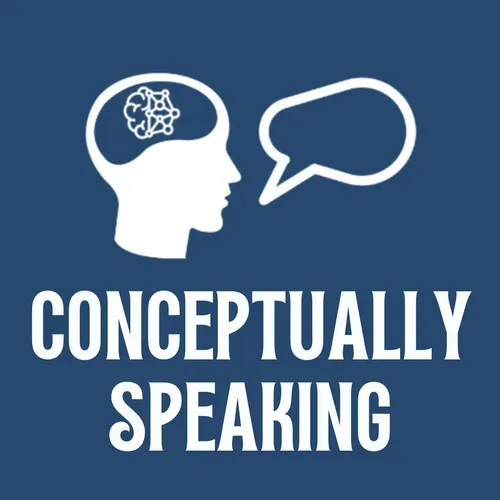Dr. Rachel Horst Talks Entanglement and Literacy in the Age of AI
- Author
- Trevor Aleo
- Published
- Thu 21 Aug 2025
- Episode Link
- None
In this episode of Conceptually Speaking, I explore the complex and contested terrain of AI literacy with Dr. Rachel Horst, a digital literacy and arts-based scholar whose framework for understanding entangled literacies offers a refreshing alternative to the polarized discourse surrounding artificial intelligence in education. Drawing from posthumanist theory and futures literacies scholarship, our conversation challenges both techno-optimistic and techno-pessimistic narratives while centering creativity, relationality, and critical inquiry in our approach to these emerging technologies.
Key Concepts from the Episode:
Entangled AI Literacy
- Moving beyond skills-based definitions toward messy, relational understandings of literacy
- Understanding AI literacy as interconnected with ecological, data, knowledge-construction, epistemic, disciplinary, political, relational, creative, futures, and algorithmic dimensions
- Recognizing how AI reveals existing entanglements rather than creating entirely new problems
- Embracing uncertainty and fluidity in defining what AI literacy means
Creative Disobedience and Posthumanist Approaches
- Using AI tools in playful, experimental, and "disobedient" ways that highlight glitches and limitations
- Drawing on posthumanist theory to decenter human exceptionalism and explore relational ontologies
- Connecting with indigenous cosmologies and other-than-human ways of knowing
Teaching With, Against, and About AI
- Creating space for diverse perspectives on AI rather than seeking consensus
- Balancing critique with curiosity and experimentation
- Supporting process-oriented, collaborative learning that uses AI to amplify rather than replace human creativity
- Trusting students' innate desire to create and make meaning
Theory as Practice
- Making philosophical and theoretical frameworks accessible and playful for educators
- Recognizing that all teaching involves theory, whether we acknowledge it or not
- Using AI tools to create rich digital artifacts for teaching and learning
- Moving beyond compliance-driven approaches to embrace complexity and emergence
The conversation highlights how educators can move beyond binary thinking about AI to create learning environments that are both critically engaged and experimentally open. Rachel's work demonstrates how posthumanist theory can inform practical approaches to AI literacy that honor complexity while remaining grounded in the realities of teaching and learning.
Rather than treating AI as either salvation or doom, this episode models an (admittedly fraught) third way: engaging with these tools as part of larger conversations about knowledge, creativity, relationality, and the future of education. The discussion emphasizes the importance of creating spaces where educators can explore their own AI literacy in "messy" ways while supporting students in developing critical and creative relationships with emerging technologies.
Connect with Rachel's Work:
